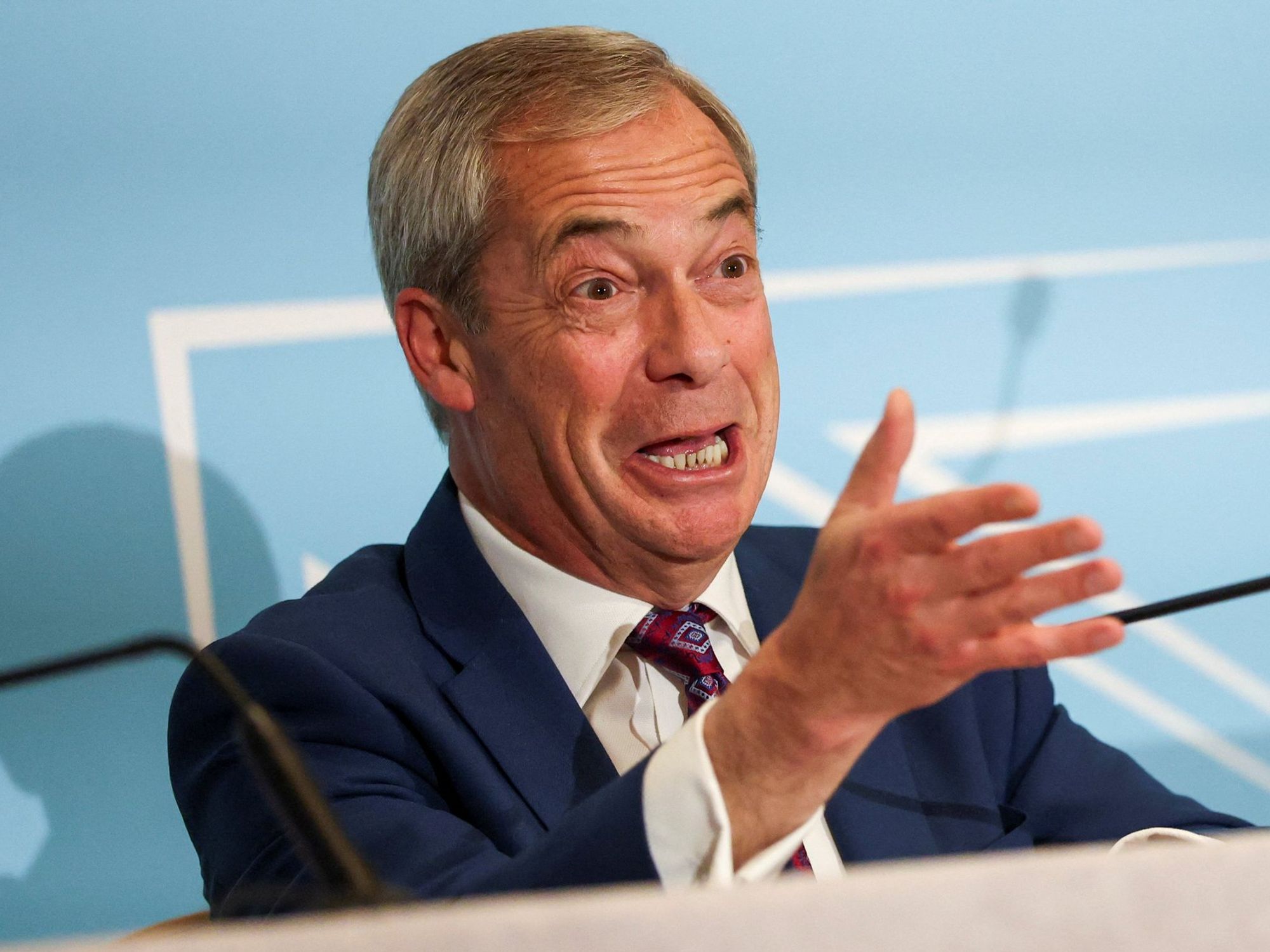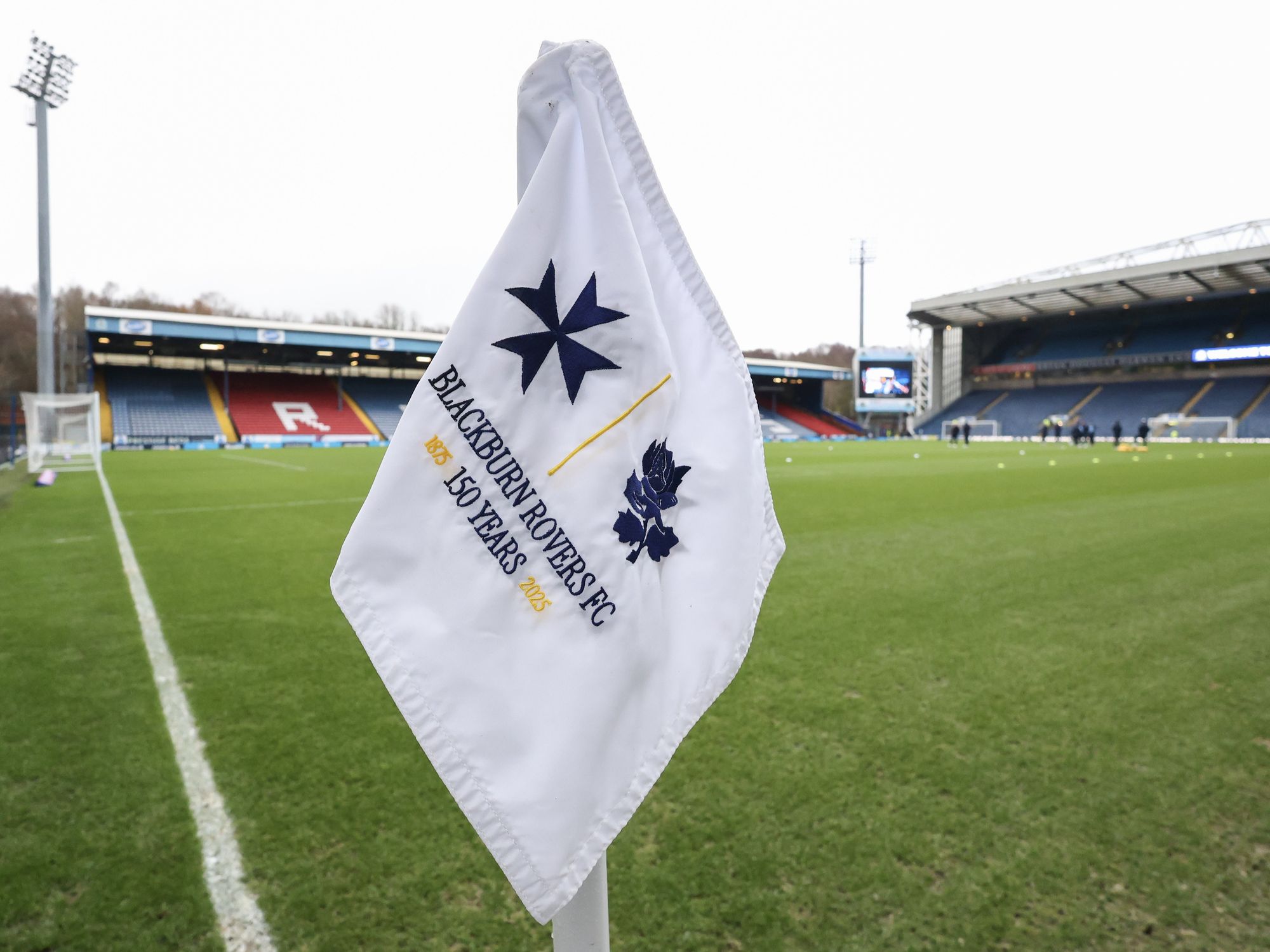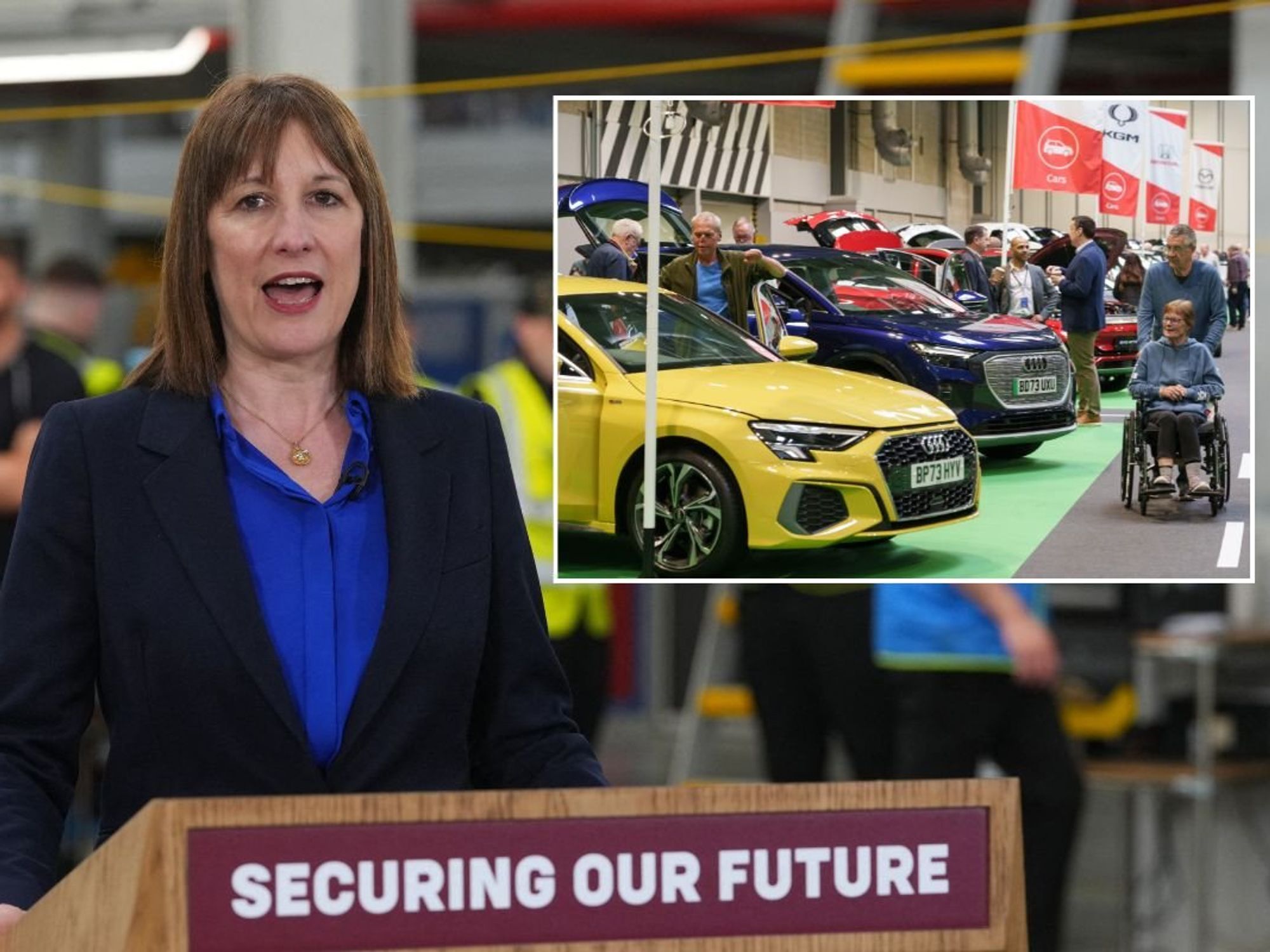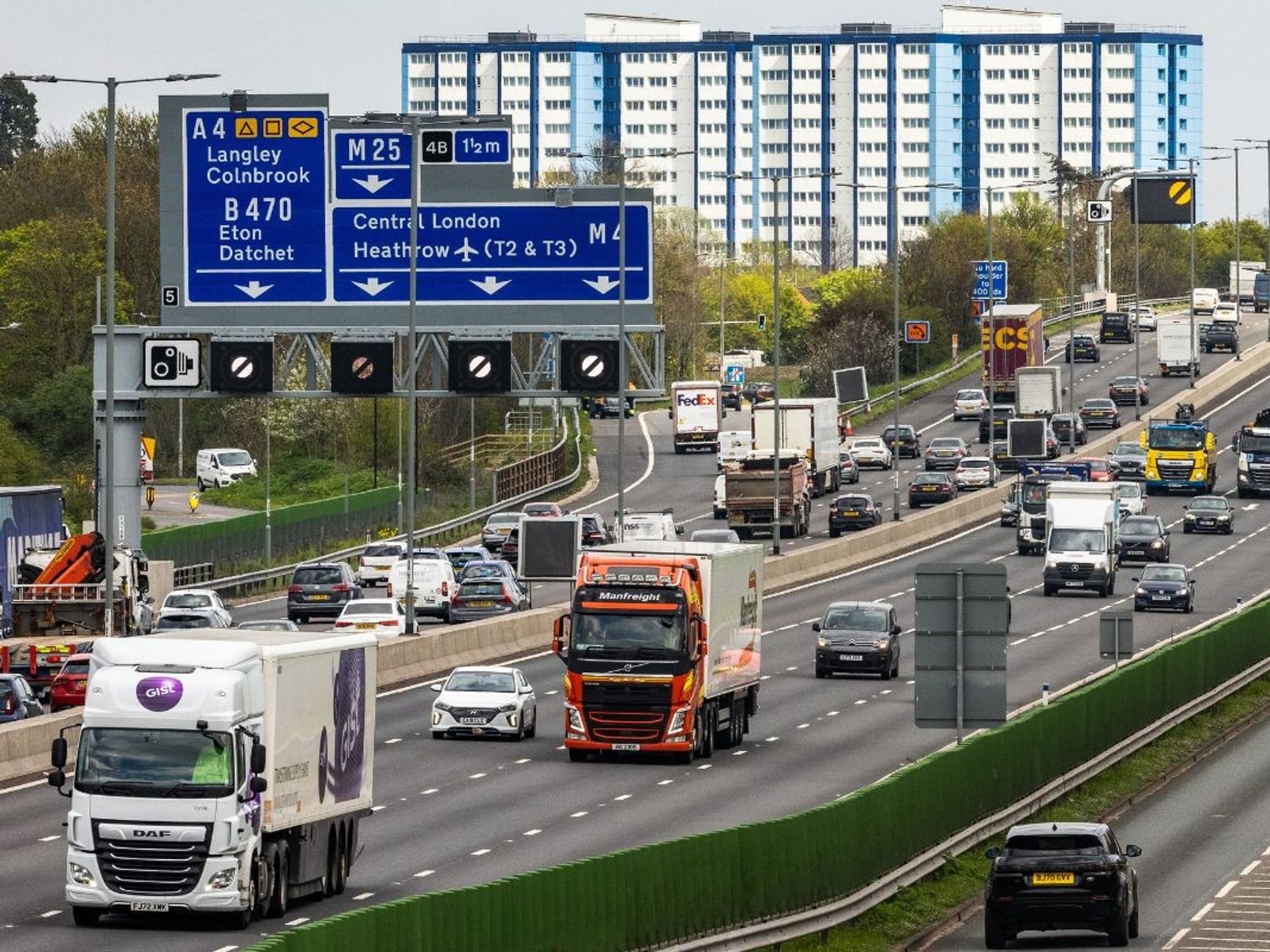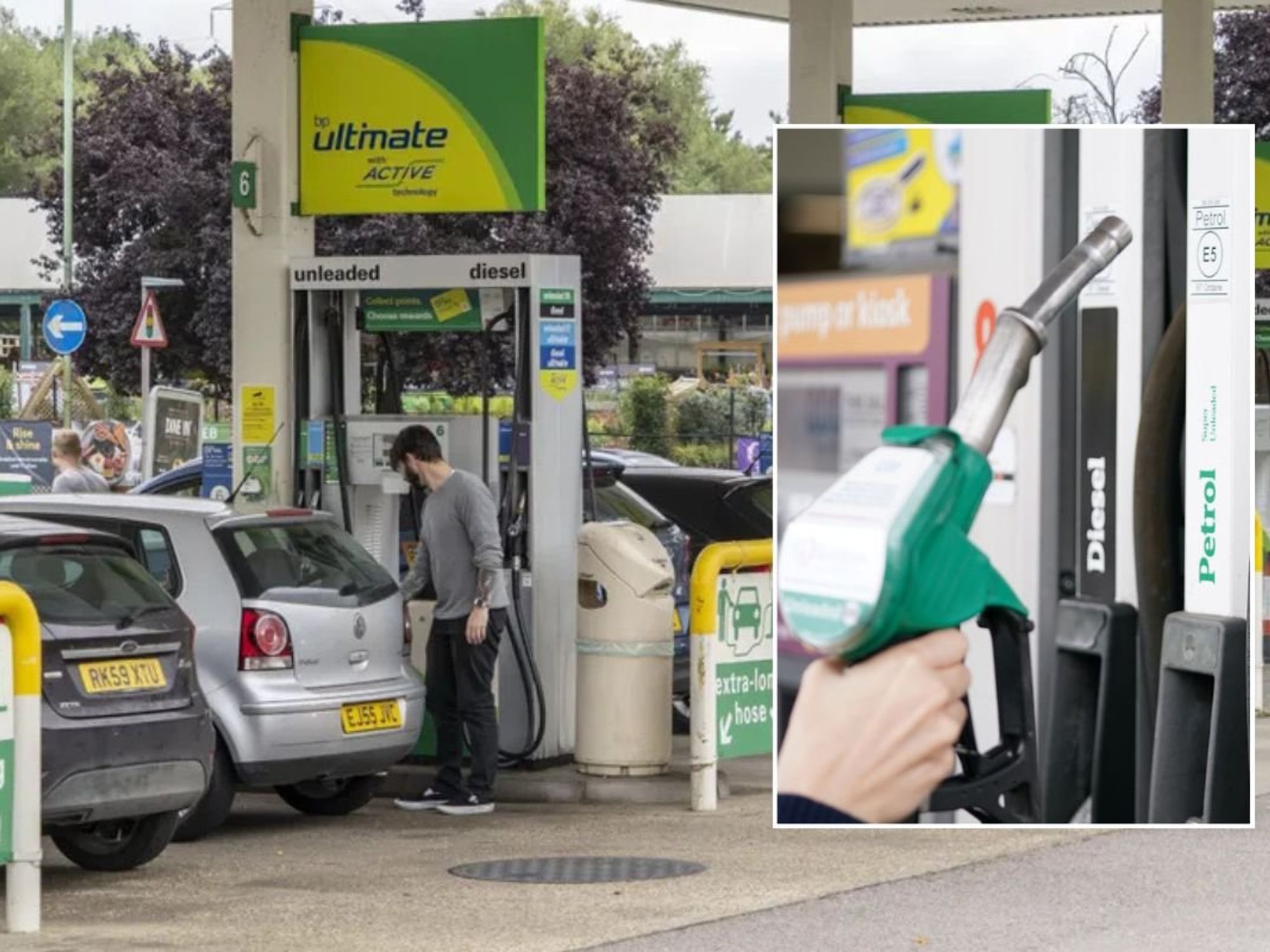Rishi Sunak signs off biggest public sector salary hikes in years as he agrees to huge pay rises
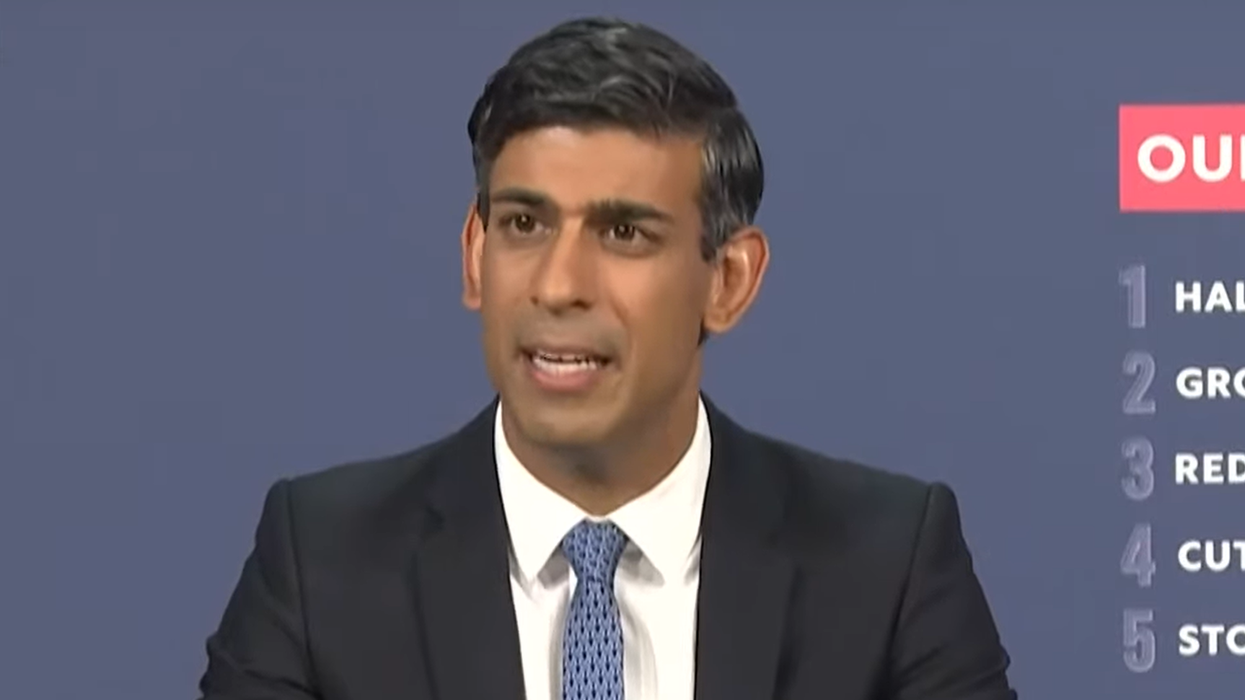
Rishi Sunak held a press conference to discuss his decision to approve public sector salary hikes
|GB News

The Prime Minister accepted pay rise recommendations from the independent pay review bodies
Don't Miss
Most Read
Rishi Sunak has signed off one of the biggest public sector salary hikes in years after accepting recommendations put forward by independent pay review bodies.
The Prime Minister was being pushed to implement pay rises of between six and 6.5 per cent for 2023/24.
Police officers, NHS staff, junior doctors, prison officers, members of the Armed Forces and teachers will all get more money in their pockets, meaning almost half of public sector workers will be impacted by the decision.
However, the pay rise does not include the majority of civil servants.
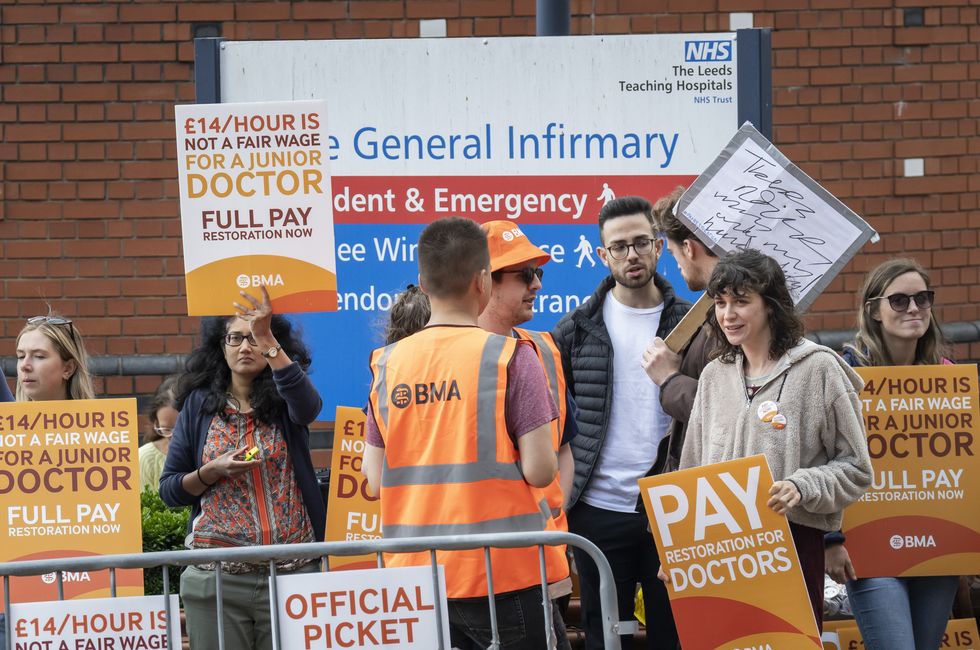
Junior doctor and members of the British Medical Association (BMA) on the picket line outside Leeds General Infirmary
|PA
Police officers and prison officers will receive a seven per cent pay rise.
A six per cent hike has been given to NHS staff and junior doctors.
Members of the Armed Forces will receive a 5 per cent boost and teachers will take home an extra 6.5 per cent.
The pay increase, which could cost as much as £5billion, was agreed this morning after Sunak met with his Chancellor Jeremy Hunt.
Confirming the pay increase, Chief Secretary to the Treasury John Glen told the House of Commons: "Our decision is responsible because unlike some unsustainable demands we have delivered awards that don't further fuel inflation and make the inflationary environment worse.
"We said we would accept the outcome of the public pay review bodies and that is exactly what we will do.
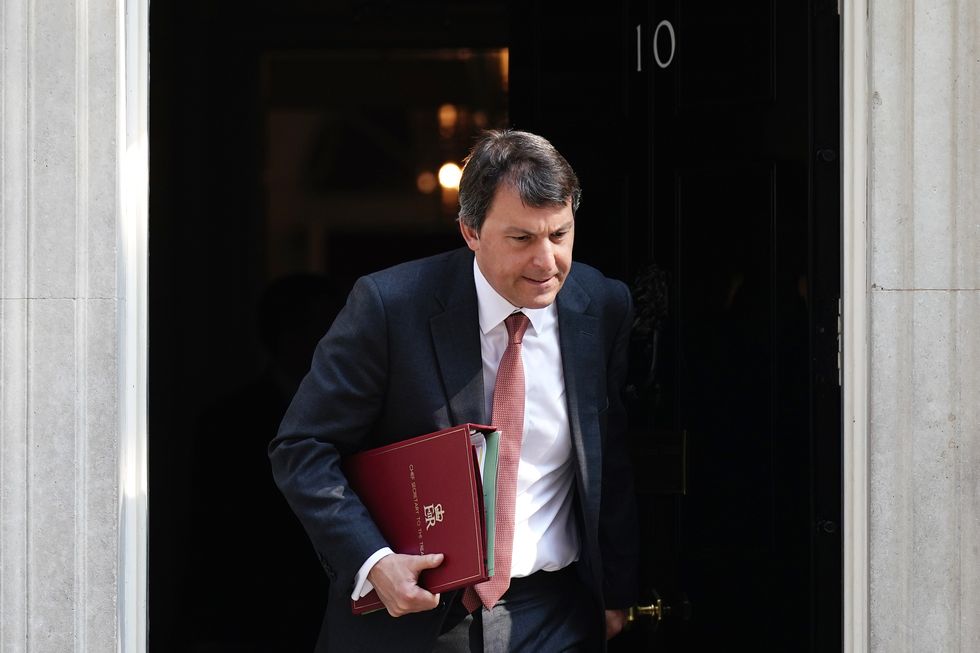
Chief Secretary to the Treasury John Glen leaving Number 10
|PA
"And we will do so because we are proud of our world class public servants and owe them a debt of gratitude for their service for the last few years, including through the pandemic."
Ministers have been told to make departmental savings to cover the pay increases as the Chancellor ruled out borrowing to fund rises and hiking taxes.
The Prime Minister held a press conference after announcing the public sector pay increase.
Sunak urged union chiefs to call off planned industrial action by accepting the pay offer.
Speaking from Downing Street, he said: “Clearly this will cost all of you as taxpayers more than we had budgeted for ... I can confirm today that we are accepting the headline recommendations of the pay review bodies in full.
“But we will not fund them by borrowing more or increasing your taxes.
"It would not be right to increase taxes on everyone to pay some people more, particularly when household budgets are so tight.
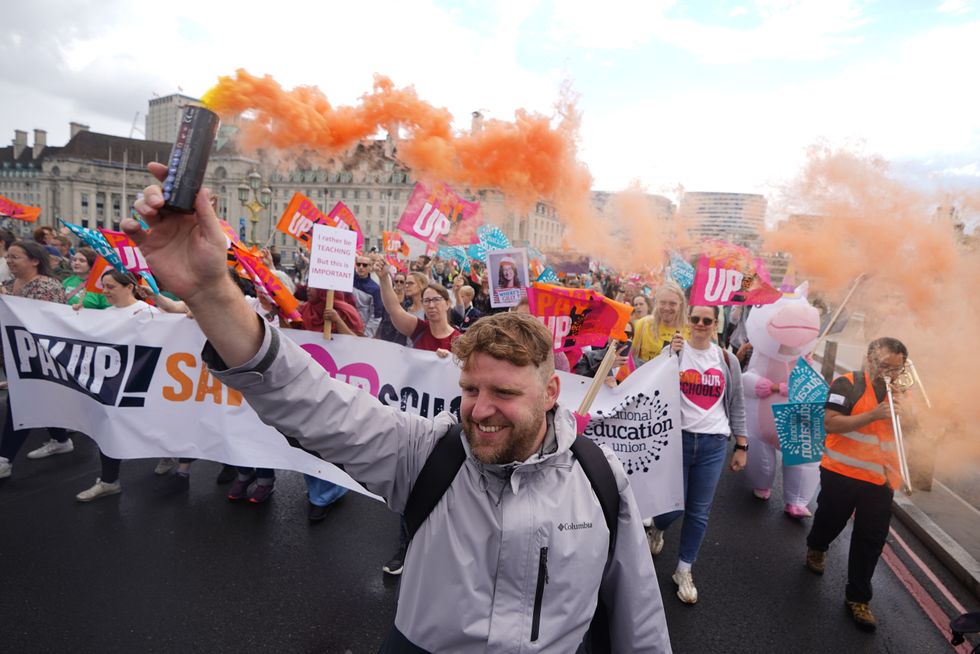
Members of the National Education Union (NEU) take part in a rally through Westminster
|PA
"Neither would it be right for us to pay for them by higher borrowing, because higher borrowing simply makes inflation worse.
“Instead, because we only have a fixed amount of money to spend from, that means Government departments have had to find savings and efficiencies elsewhere in order to pay public sector workers more.
"There’s a clear message here. There are always choices, budgets are not infinite.
"When some ask for higher pay, that will always create pressures elsewhere, costs which must ultimately be borne by the taxpayer or by spending less on our other priorities.
“So that’s our decision and, having honoured the independent pay review process, I urge all union leaders to accept these pay offers and call off their strikes.”
Sunak stressed today's pay offers are "final" and there will be no more negotations.
The Prime Minister added: “There will be no more talks on pay. We will not negotiate again on this year’s settlements, and no amount of strikes will change our decision.
“Instead the settlement we’ve reached today gives us a fair way to end the strikes, a fair deal for workers and a fair deal for the British taxpayer.”
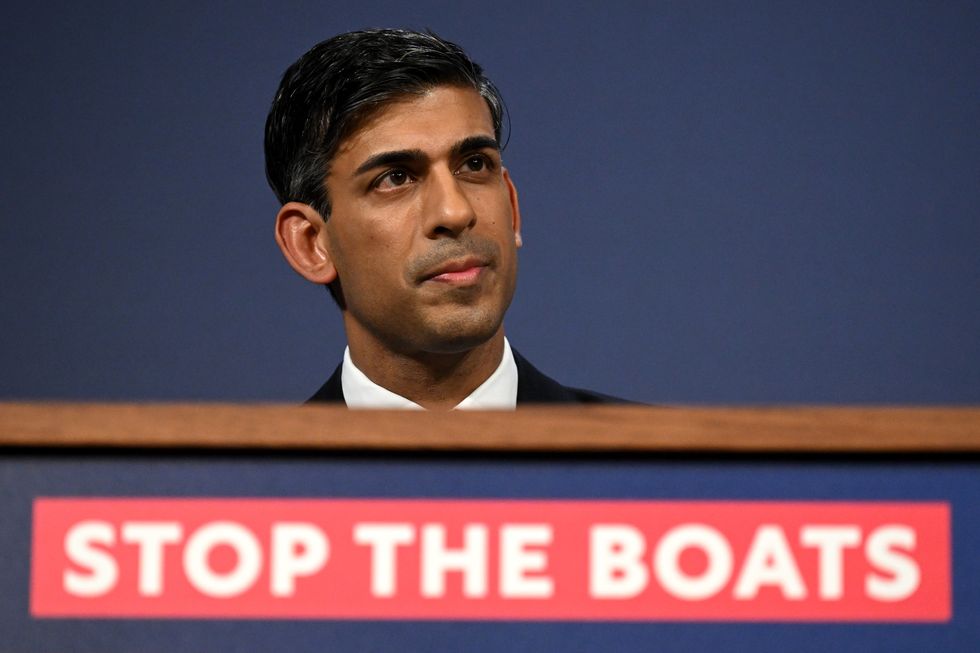 Rishi Sunak | PA
Rishi Sunak | PALabour's Shadow Chief Secretary to the Treasury Pat McFadden responded to the announcement by slamming the Government's economic record.
He told MPs: "Low growth, high prices and creaking public services is the legacy of the Conservatives in power."
Despite McFadden's criticism, Sunak received an immediate boost when the Government and four education unions issued a joint statement suggesting strike action could soon be called off.
It said: “This is the largest ever recommendation from the School Teachers’ Review Body (STRB).
A 6.5 per cent increase for teachers and school leaders recognises the vital role that teachers play in our country and ensures that teaching will continue to be an attractive profession.
“The Government has accepted the STRB’s recommendation and has agreed to bring forward wider reforms to reduce teacher and leader workload in partnership with all four unions.
“ASCL, NAHT, NASUWT and NEU will now put this deal to members, with a recommendation to accept the STRB recommendation.
"This deal will allow teachers and school leaders to call off strike action and resume normal relations with government.”
NEU members had been on strike on July 5 and July 7.
Junior doctors belonging to the BMA also started their five-day strike at 7am this morning.





